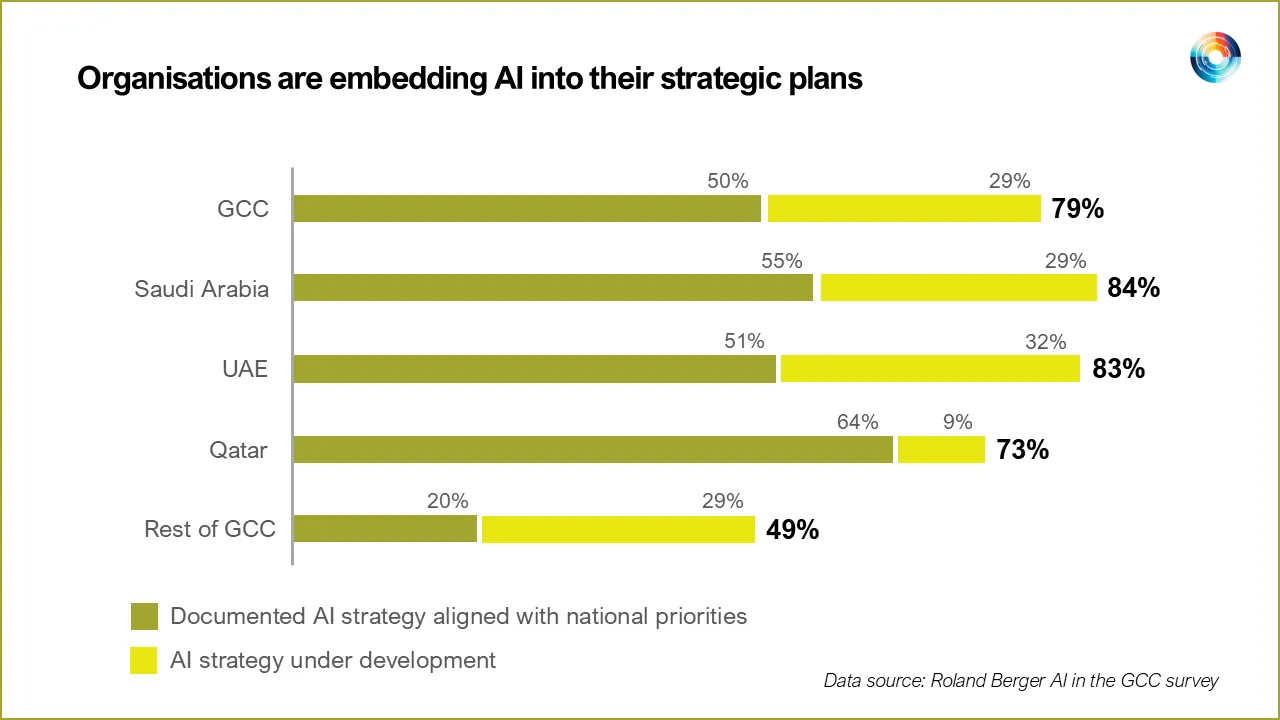Amazon is set to redefine the landscape of conversational AI with the upcoming launch of a significantly upgraded Alexa, powered by advanced generative artificial intelligence. This strategic move aims to transform how users interact with technology, making voice assistants more intuitive, personalized, and deeply integrated into daily life. For the rapidly evolving tech ecosystem in the MENA region, particularly in hubs like the UAE, this advancement heralds new possibilities for smart living and business innovation.
By the Numbers
- Alexa generates billions of dollars in annual revenue for Amazon.
- Over 500 million active Alexa-enabled devices are currently in use worldwide.
- The Alexa ecosystem boasts a robust community of 1.3 million registered developers.
Redefining Conversational AI in the Home
The core of Amazon’s new Alexa experience lies in its leap towards truly conversational AI. Moving beyond simple commands, the updated assistant is designed to understand nuances, maintain context across multiple interactions, and respond in a more human-like manner. Features like the “Let’s Chat” mode allow for free-flowing dialogues, enabling users to engage with Alexa in a natural, unscripted way, whether brainstorming ideas, discussing current events, or planning complex itineraries.
Personalization is another key pillar of this evolution. Alexa will now learn user preferences, habits, and even emotional cues, tailoring responses and recommendations accordingly. This deep understanding extends to device integration, allowing for more intuitive control over smart home devices. Imagine simply expressing a desired outcome, such as “I want the living room to feel cozy,” and Alexa orchestrating a symphony of lighting, temperature, and music adjustments, far beyond the capabilities of previous iterations.
For the MENA region, where smart home adoption is steadily growing, driven by tech-savvy populations and ambitious smart city initiatives, this enhanced capability presents significant opportunities. As households increasingly embrace connected devices, an AI that seamlessly orchestrates these elements could accelerate widespread adoption and foster new localized applications. This marks a pivotal shift from a command-and-response utility to a proactive, intelligent companion embedded within the digital home.
Strategic Play in the AI Arms Race
Amazon’s significant investment in generative AI for Alexa is a clear strategic maneuver in the intensely competitive global AI landscape. Despite its massive user base and substantial revenue generation, Alexa has historically struggled to become a core profit driver for the tech giant, unlike its cloud computing arm, AWS. This refresh is a decisive effort to reinvigorate the platform, expand its utility, and solidify Amazon’s position against formidable rivals like Google Assistant, Apple Siri, and the burgeoning class of dedicated large language models (LLMs) such as ChatGPT.
A renewed focus on the developer ecosystem is central to this strategy. Amazon is introducing new tools and resources designed to empower its 1.3 million-strong developer community to integrate generative AI capabilities into their Alexa skills. This move is crucial for fostering innovation and expanding the range of applications, potentially unlocking new monetization avenues for both Amazon and its partners. The more versatile and intelligent Alexa becomes, the more valuable it is to users and, consequently, to third-party developers.
“The race to embed advanced AI into everyday technology is escalating, and Amazon’s move signals a commitment to lead the charge, promising a future where our devices don’t just respond, but truly understand and anticipate our needs.” This development is particularly relevant for the MENA region’s burgeoning startup ecosystem, which is keen on leveraging AI for local solutions. Regional innovators could find fertile ground to develop localized voice skills, catering to diverse linguistic and cultural nuances, or to integrate Alexa’s new capabilities into their own smart solutions, driving growth in areas like e-commerce, healthcare, and education.
Looking Ahead
The rollout of Amazon’s Gen-AI powered Alexa, initially in the US, sets a compelling precedent for the global trajectory of voice technology. For the MENA region, this evolution presents a dual opportunity: enhancing consumer experiences and fostering new avenues for technological innovation. As these advanced AI capabilities become more widely available, we can anticipate a greater demand for sophisticated smart home solutions and voice-activated services, potentially inspiring local startups to build complementary technologies and culturally relevant applications.
However, successful adoption in MENA will depend on factors such as multi-language support, including Arabic dialects, and seamless integration with regional digital services. The strategic move by Amazon could also accelerate the development of localized large language models and voice AI initiatives within MENA, encouraging a competitive yet collaborative environment. As AI continues its rapid ascent, this shift in voice assistant capabilities underscores a broader trend towards proactive, intelligent assistance across all facets of our digital lives, pushing the boundaries of what consumers and businesses can expect from their technology.
Source: Tech in Asia














